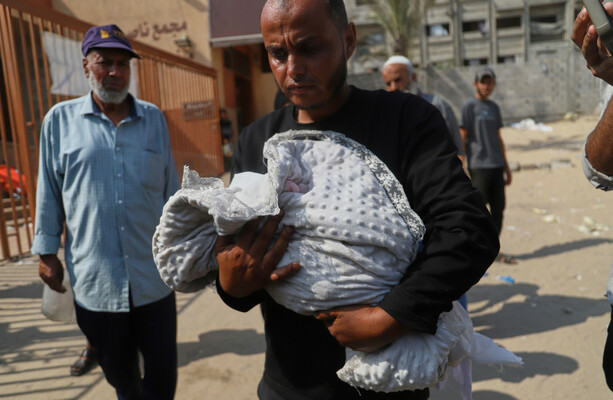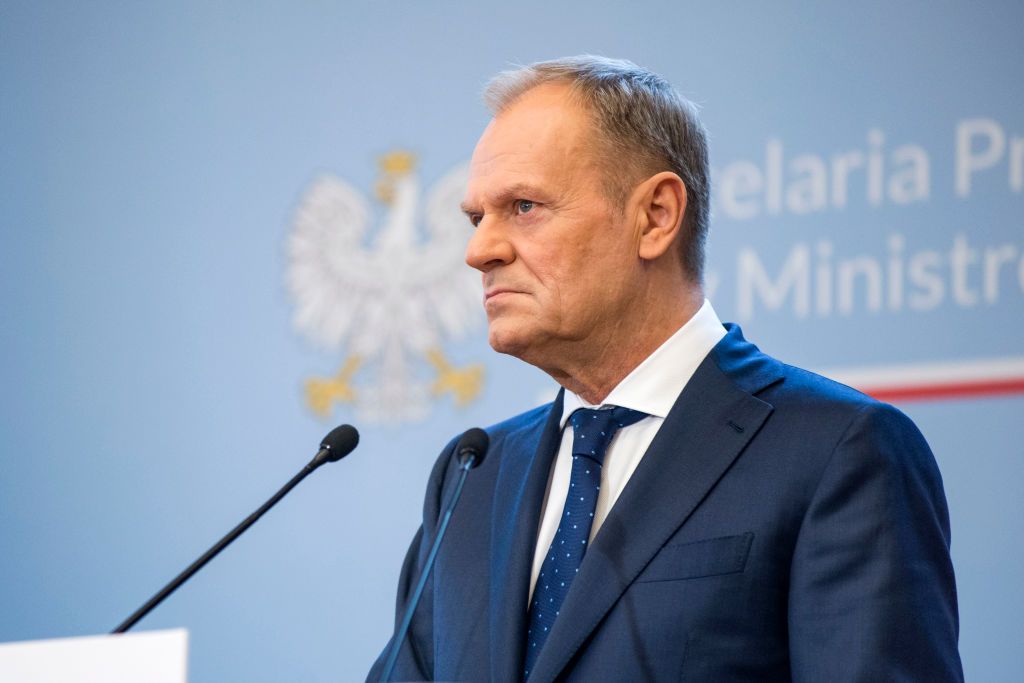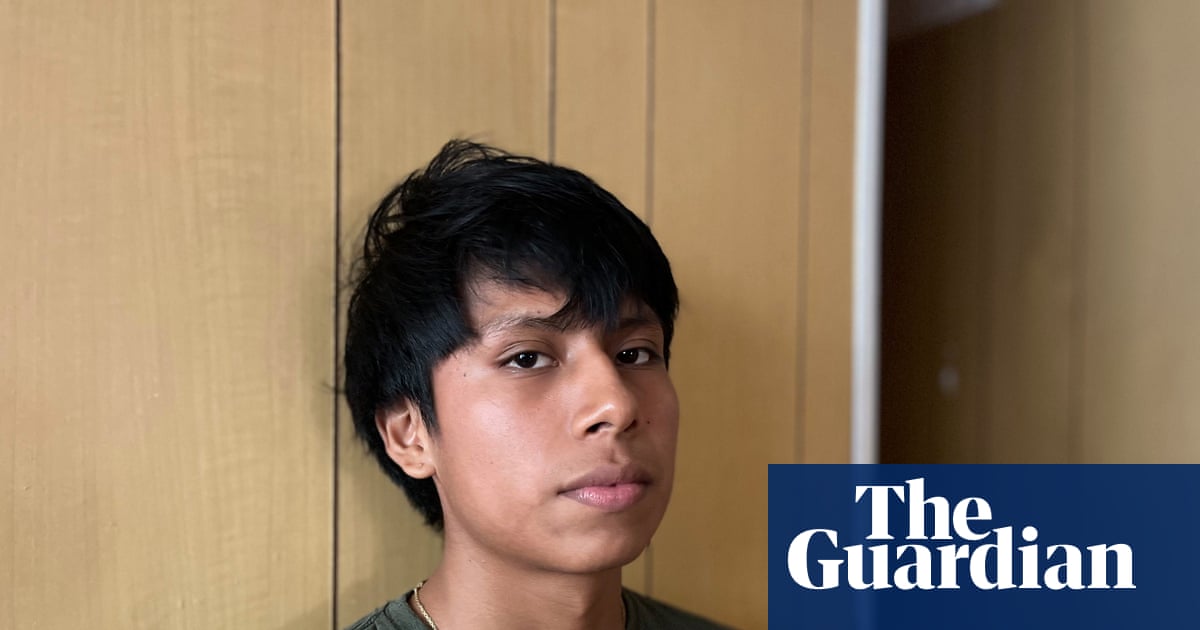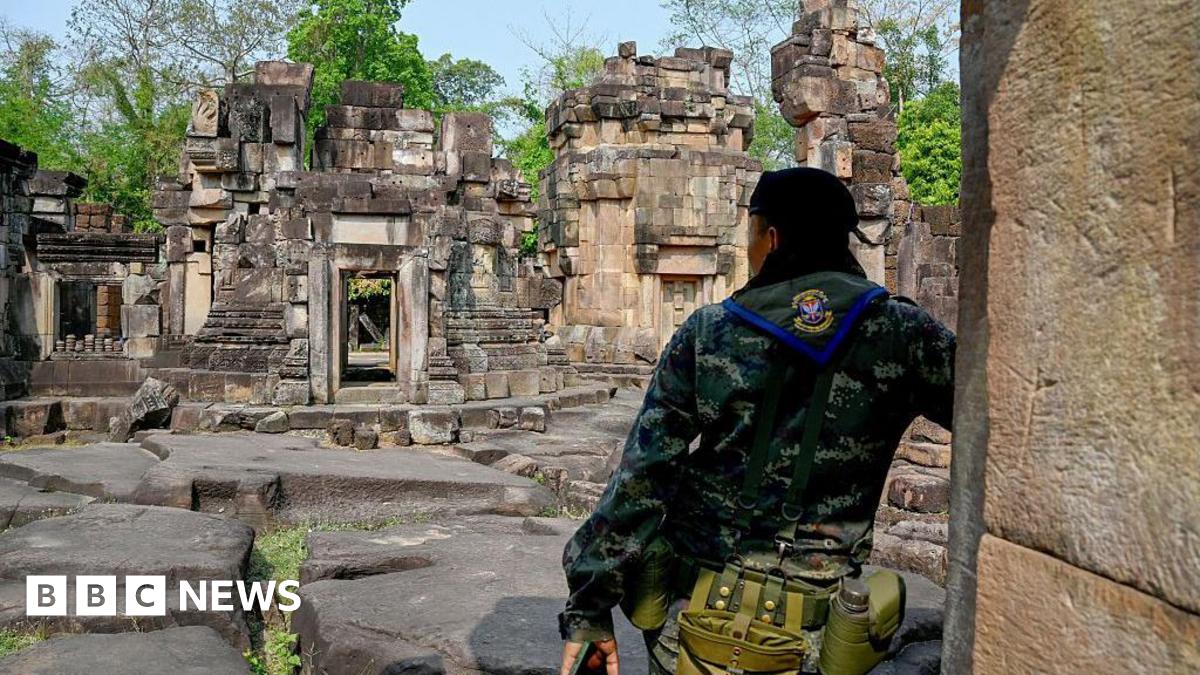Heartbreaking Tragedy: 5-Month-Old Girl Dies from Starvation in Gaza Amid War Restrictions

In an unimaginable tragedy that gripped hearts worldwide, a mother pressed a final kiss onto the tiny forehead of her baby girl, Zainab Abu Halib, who weighed less than her birth weight at just five months old. This heartbreaking story unfolds on the sun-scorched streets of Gaza, where despair has taken a chilling turn as starvation claims yet another innocent life amidst the ongoing conflict and crippling aid restrictions.
On a seemingly ordinary day, the bundle containing Zainab was brought to the paediatric department of Nasser Hospital. But this was no regular patient; tragically, she was already deceased. The morgue worker, with a heavy heart, removed the child’s Mickey Mouse-printed shirt, revealing her sunken eyes and frail body, barely able to comprehend the life that had been lost. When she was born, Zainab weighed a healthy 3 kilograms (6.6 lbs), but by the time of her death, she had dwindled to a mere 2 kilograms (4.4 lbs).
A doctor described her condition as “severe, severe starvation,” a heartbreaking testament to the dire circumstances facing many in Gaza today. Wrapped in a white sheet for her final farewell, the little girl’s tiny body was barely wider than the imam's hands as he invoked prayers for her soul.
Tragically, Zainab was not alone in her suffering. Her story is part of a devastating toll; just in the past three weeks, 85 other children have succumbed to malnutrition-related deaths in Gaza, as reported by the territory’s health ministry. Additionally, 42 adults have also died from similar causes, highlighting a staggering humanitarian crisis.
In the midst of this anguish, Zainab’s father, Ahmed Abu Halib, revealed to reporters the heartbreaking truth about his daughter's condition: “She needed a special baby formula which did not exist in Gaza.” This formula was critical for infants allergic to cow’s milk, and without it, Zainab faced chronic diarrhoea, vomiting, and eventually, an untimely death from infections due to her weakened immune system.
Zainab’s family, like many others in Gaza, is displaced, living in a tent, struggling daily just to survive. Her mother, fighting her own malnutrition, had only been able to breastfeed for six weeks before turning to formula. With tears in her eyes, she expressed her profound sorrow, saying, “With my daughter’s death, many will follow.” She lamented how their children have become mere statistics, numbers lost to a world that seems not to care.
As the number of malnourished children skyrockets, Dr. Ahmed al-Farah, the head of the paediatric department, warned that his hospital is overwhelmed, treating about 60 cases of acute malnutrition despite having only eight beds. They’ve even resorted to placing additional mattresses on the floor just to cope with the crisis. Another clinic associated with the hospital is reporting an average of 40 new malnutrition cases every week.
Despite the desperate pleas from medical professionals, unless humanitarian crossings are reopened, allowing food and essential supplies to flow into Gaza, the death toll will only continue to rise. Aid workers and doctors are placing the blame squarely on the Israeli restrictions, asserting that the blockade's harshness has led to a catastrophic humanitarian crisis.
Since the cessation of the latest ceasefire in March, Israel has completely cut off the entry of food, medicine, and fuel to Gaza for over two months. While there have been some minor relaxations in the blockade, the reality remains grim. The UN states that the region desperately needs around 500 to 600 trucks of supplies daily, yet only an average of 69 is being allowed through.
The situation grows more dire as hungry crowds have been reported to intercept aid trucks before distribution can occur. Meanwhile, the Israeli government has supported the Gaza Humanitarian Foundation, which opened food distribution centers, but the violence surrounding these sites has led to over 1,000 Palestinian deaths as people scramble for food.
As Zainab’s mother mourns, she reflects on the heartbreaking reality that families like hers face each day: “There was a shortage of everything,” she said through tears, “How can a girl like her recover?” These haunting words echo the desperate challenges faced by countless families in Gaza, begging for a glimmer of hope in an ocean of despair.


























